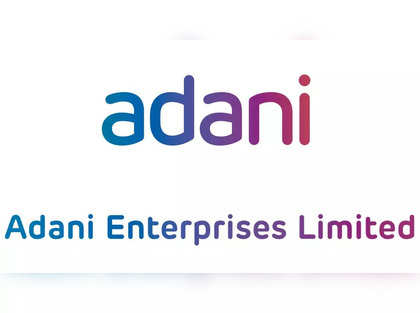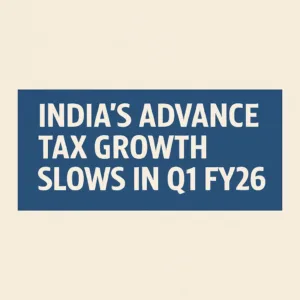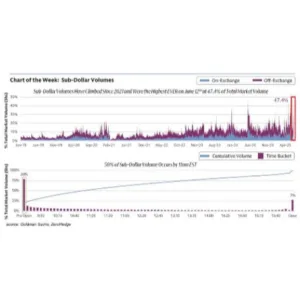Adani Enterprises Ltd., the flagship company of the Adani Group, has opened its first retail bond issue for subscription today. The company is offering a public non-convertible debenture (NCD) and aims to raise up to ₹800 crore through this secured, listed, and redeemable bond issue.
The bond issue will be open for subscription from September 4 to September 17. Once the subscription period ends, the bonds will be listed for trading on both the BSE and NSE.
The minimum investment amount for this IPO application is set at ₹10,000.
All listed securities, including bonds, held for more than 12 months will be classified as long-term assets. Any gains from selling such assets will be subject to a 12.5% tax rate, and indexation (adjusting for inflation) will not apply.
If bonds are held for 12 months or less, they will be treated as short-term assets, with gains from their sale taxed at the applicable income tax slab rates.
A tax deducted at source (TDS) of 10% is applicable on the interest (coupon) earned from these bonds. However, investors must pay taxes according to their income tax slab when filing their returns.
Key Highlights of the Issue:
– Number of NCDs: 80 lakh non-convertible debentures are being issued, with each debenture having a face value of ₹1,000.
– Base Size: The issue has a base size of ₹400 crore.
– Oversubscription Option: The company has a green shoe option, allowing it to raise an additional ₹400 crore, bringing the total potential issue size to ₹800 crore.
– Subscription Period: The issue is open for subscription until September 17.
– Credit Rating: CARE Limited has rated the NCD issue as A+, with a positive outlook.
– Interest Yield: Adani Enterprises is offering an annual effective yield of up to 9.90%.
The NCDs, once fully subscribed, will be listed on both the BSE and NSE. The company plans to use 75% of the funds raised for pre-payment or repayment of existing borrowings, while the remaining 25% will be allocated toward general corporate expenses as per SEBI guidelines. The lead managers for this public bond issue are Trust Investment Advisors, A K Capital, and Nuvama Wealth Management.
How Will the Allotment Work?
The allotment of NCDs will be on a first-come, first-served basis. Investors will be allotted NCDs as per their application, with a minimum lot size of 10 NCDs per application. The minimum application value is set at ₹10,000, with NCDs available in multiples of one.
Tenure and Payment Options:
The NCDs are available in tenures of 24 months, 36 months, and 60 months. Investors have the option to choose from eight series of interest payments, including quarterly, cumulative, and annual payment options.
This NCD issue is expected to attract a variety of investors looking for secured returns, with the company offering competitive yields and the backing of a stable credit rating.
How to Invest
The public bond market is a niche area, and many people are unfamiliar with how to apply for an issue. However, the process is quite straightforward, especially when using an online bond platform provider (OBPP). While not all providers offer IPO subscriptions, the steps may vary slightly between platforms. To invest, you can visit an OBPP platform, select your desired tenure, and decide how much you wish to invest. The minimum investment amount for this IPO issue is ₹10,000.
Unlike stock IPOs, public bond issues are allotted on a first-come-first-served basis and are stored in demat form. If, for any reason, an investor does not receive an allotment, the invested amount will typically be refunded within five days after the issue closes.
For investments up to ₹5 lakh, you can apply using a UPI mandate. For higher amounts, investors are required to submit an ASBA (Applications Supported by Blocked Amount) form through their bank. Non-resident Indians (NRIs) can invest in the Adani Group’s public bond issue only if they hold a Non-Resident Ordinary (NRO) account, according to Bondbazzar.
Potential Risk
Investors should be aware that corporate bonds, like those issued by the Adani Group, carry concentration risk since they are exposed to a single corporate entity. Unlike bank fixed deposits, public bond issues do not offer the ₹5 lakh deposit insurance provided by the Reserve Bank of India.
It is advisable for investors to consult their financial advisors to fully understand the risks involved before investing in such bonds. Additionally, selling bonds in the secondary market may pose challenges due to limited liquidity. Investors should ideally aim to hold these bonds until maturity, as secondary market liquidity may not be sufficient for easy trading.
Update
Adani Enterprises has decided to close its public issue early on Friday, September 6, instead of the original date of September 17. This is because the ₹400 crore issue, which started on Wednesday, was oversubscribed by 221% on the second day.
Bringing you the latest updates on finance, economies, stocks, bonds, and more. Stay informed with timely insights.












Be First to Comment